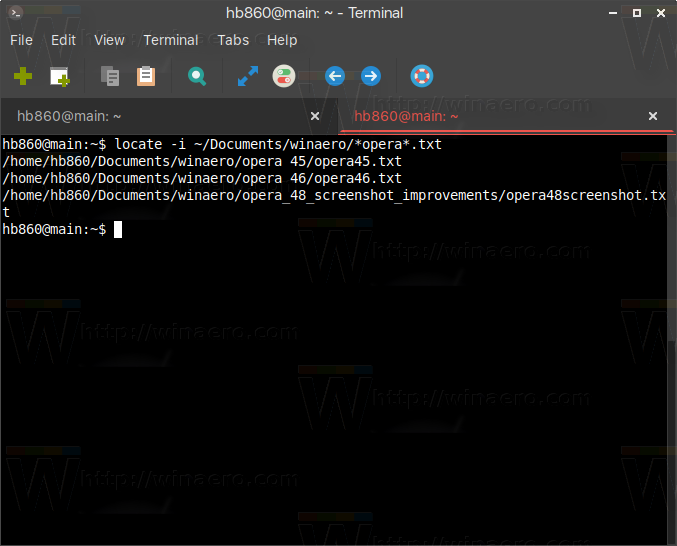

You can click the view options button in the Files toolbar and enable Show Hidden Files to display them. ) or ending with a tilde ( ~ ), then the file will be hidden in File Manager. 123 Foo foo foo foo /bin/bash Ubuntu foobar 456 If the g flag is omitted, only the first instance of the search string in each line is replaced: sed -i s/foo/linux/ file. For demonstration purposes, we will be using the following file: file.txt. These are tips that you can use the find and restore files that were missing on Ubuntu desktop.Īlso, if you named the file start with a period (. Let’s see how we can use the sed command to search and replace text in files with some of its most commonly used options and flags.
#Ubuntu search for text in files pdf#
This is a more efficient version of the wf2.sh script. Create a case-insensitive searchable multi-select list of PDF files under your HOME directory and open the selection with your configured PDF viewer. It will be restored to the folder from where it was deleted. /bin/bash wf.sh: Crude word frequency analysis on a text file.

Launch the Search for Files program from the Places menu. If you need to search for a file on the computer, there is an easy and built-in way to do it. Click the + button and pick a File Type from the drop-down list to narrow the search results based on file type. Here are some ways to use Ubuntu to do your searching for you.It allows you to play a text in many languages with settings for voice, pitch, volume, and speed.
#Ubuntu search for text in files free#
Gespeaker: Gespeaker is a free GTK+ frontend for espeak. This speech synthesizer supports 107 languages and accents. Click Home to restrict the search results to your Home folder, or All Files to search everywhere. eSpeak: This command-line tool takes input in the form of a text string, input file, and also from stdin and plays the input in a computer-generated voice.


 0 kommentar(er)
0 kommentar(er)
